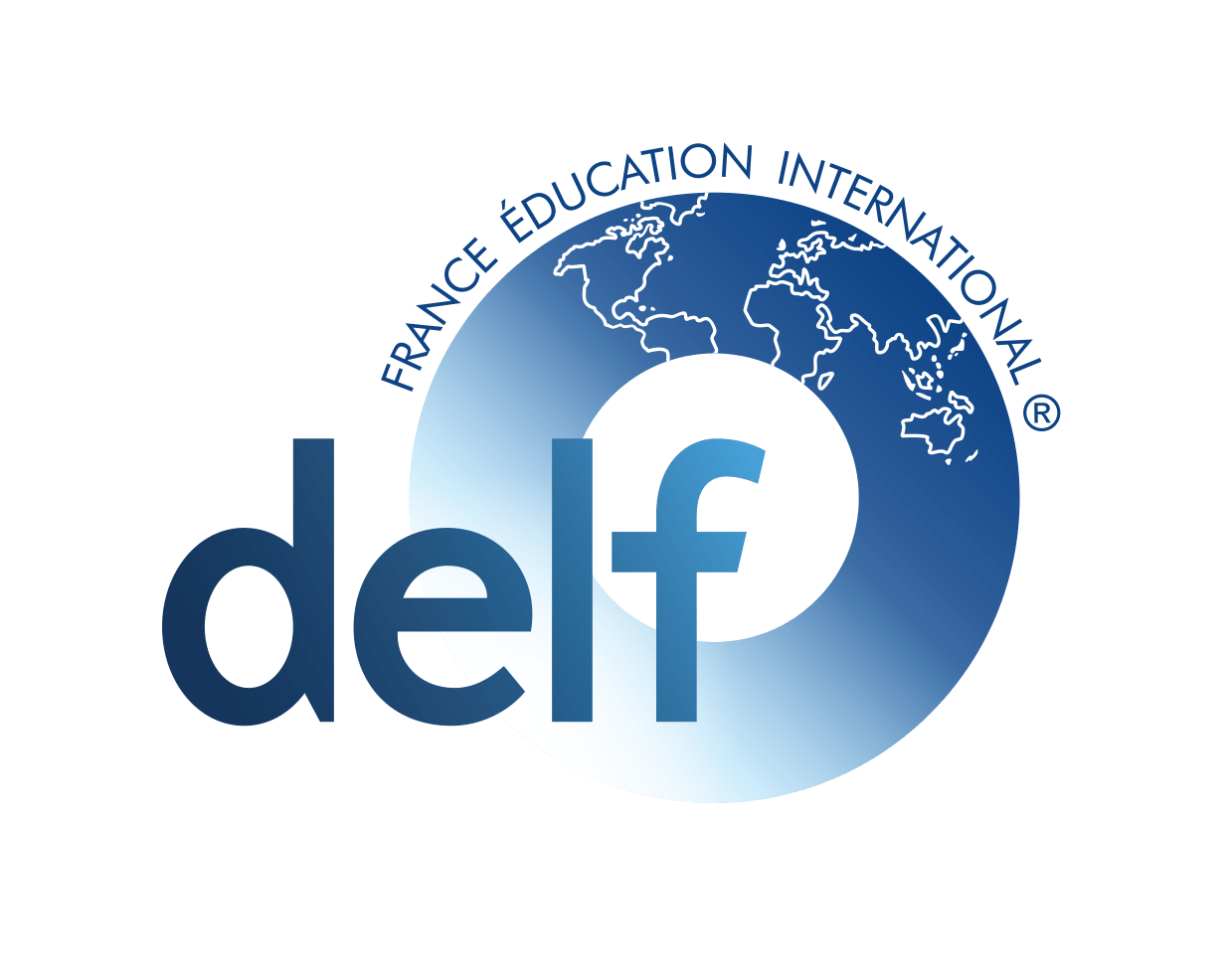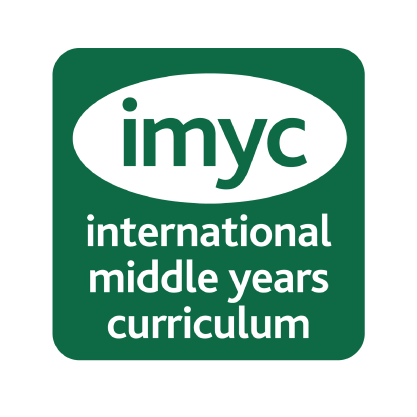Strengthening Mathematical Learning through the Singapore methodology.
In the education of our boys and girls, mathematics plays a fundamental role. They not only promote problem-solving and logical reasoning skills, but also develop critical thinking and prepare students to meet the challenges of the modern world. In this sense, the educational approach to Singapore mathematics has proven to be highly effective.
What is Singapore Math?
Singapore Math is based on a pedagogical approach developed in Singapore that has produced outstanding results in mathematics learning. These techniques focus on deep understanding, problem solving and logical thinking, fundamental skills in daily life and in the academic success of the students at our center.
To achieve these objectives, we work taking into account 3 plans; concrete (manipulative), pictorial (graphic representation) and abstract (symbolic representation). The structure of a session (which does not necessarily coincide with an hour of the subject) starts from an anchoring task that already places the students at the starting point, where they display prior knowledge and serves as a motivating and evaluation activity. initial.
After this task in a large group, we continue with a structured discussion, where, together, we build the concept to work on. Those previous ideas are taking shape or are discarded by more solid ones. And we continue our journey through mathematical learning, turning new knowledge into experiences, through activities and tasks that put their mathematical competence at stake, both in groups and individually.
The finishing touch is the last part of our sessions; metacognition, that is, making them aware of their journey and the path that remains to be traveled. All this in a constructive, formative and individualized environment. This self-assessment and subsequent reflection on learning complies with one of the key pedagogical principles; that of learning to learn.
Families can support the learning of Singapore mathematics at home by fostering a conducive environment for mathematics, that is, creating an environment at home that promotes mathematics, such as having mathematical materials and games available; ask mathematical questions in everyday situations, carry out practical activities that involve mathematical concepts, such as measuring ingredients when cooking, counting objects in board games and calculating distances on a trip; allocate regular time for math study, making sure there is a balance between skill practice and problem solving; show enthusiasm and a positive attitude towards mathematics, demonstrating how it can be applied in everyday life situations.
It is important to adapt the methodology to the specific needs and characteristics of each group of students, and to have adequate support and training for its successful implementation. One of the many advantages of this way of working is that it attends to the diversity of the classroom, facilitating access to the objectives through different means.
All of this has some benefits for the students, as I mentioned above, ranging from the development of key skills such as problem-solving strategies, logical thinking or critical reasoning that allow them to face new challenges to the strengthening of confidence and self-esteem, since with these solid bases the students gain security. They become true protagonists of their learning and regulate all the strategies learned, what they need them for and when to use them.
In short, it is a very valuable tool that must be experienced to see its richness. I am extremely lucky to do it every day. To LIVE and TOUCH mathematics with them and for them.
Together, we can cultivate a lasting passion for math and build a future filled with achievement and opportunity!
Marian del Río
4th grade tutor
Expert in Singapore methodology.

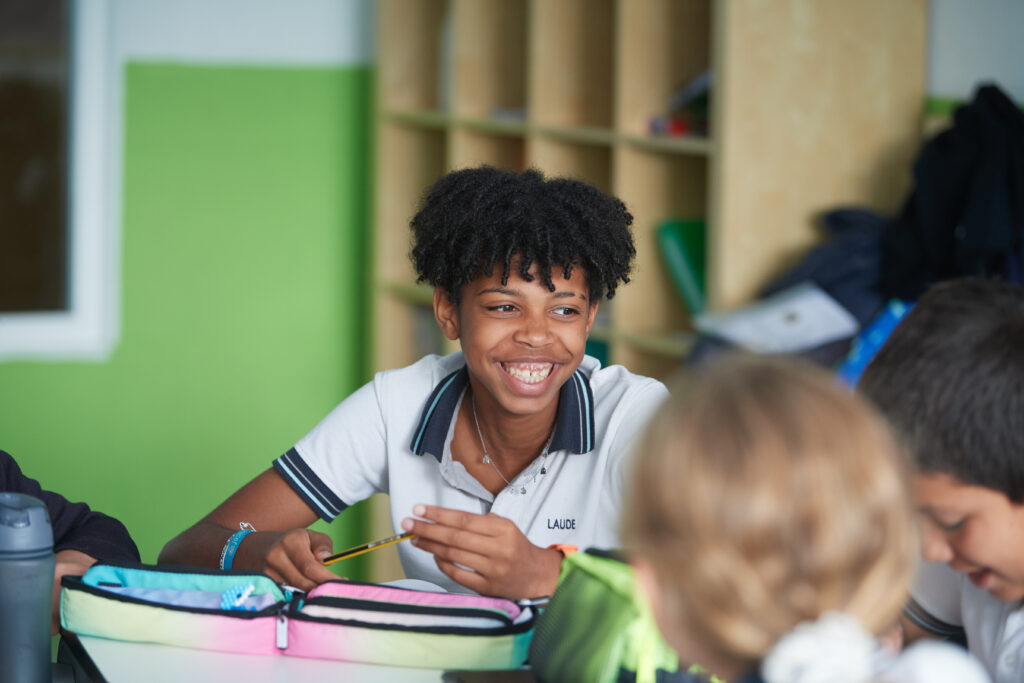
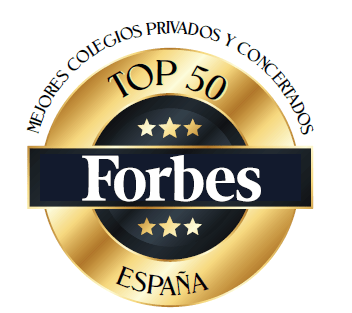
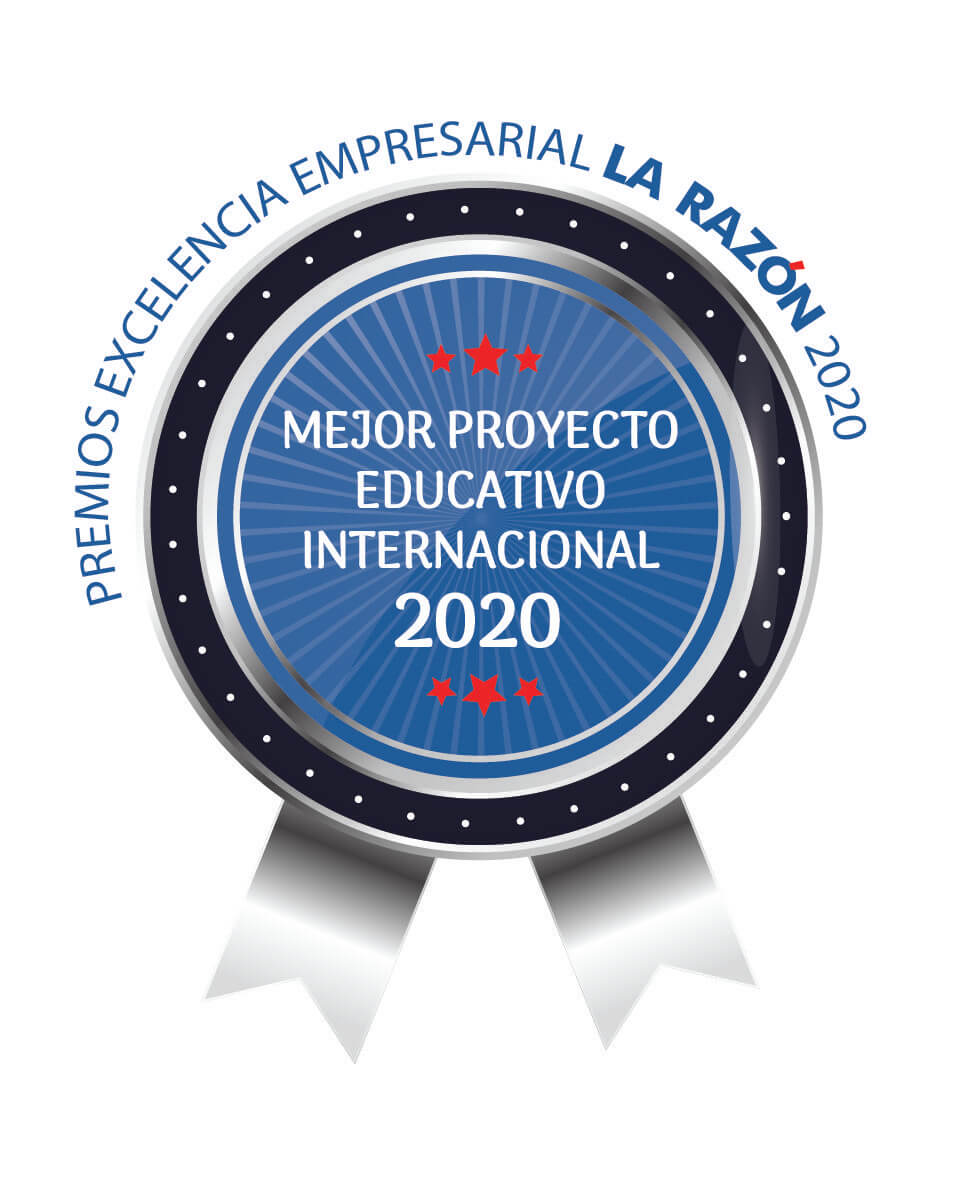
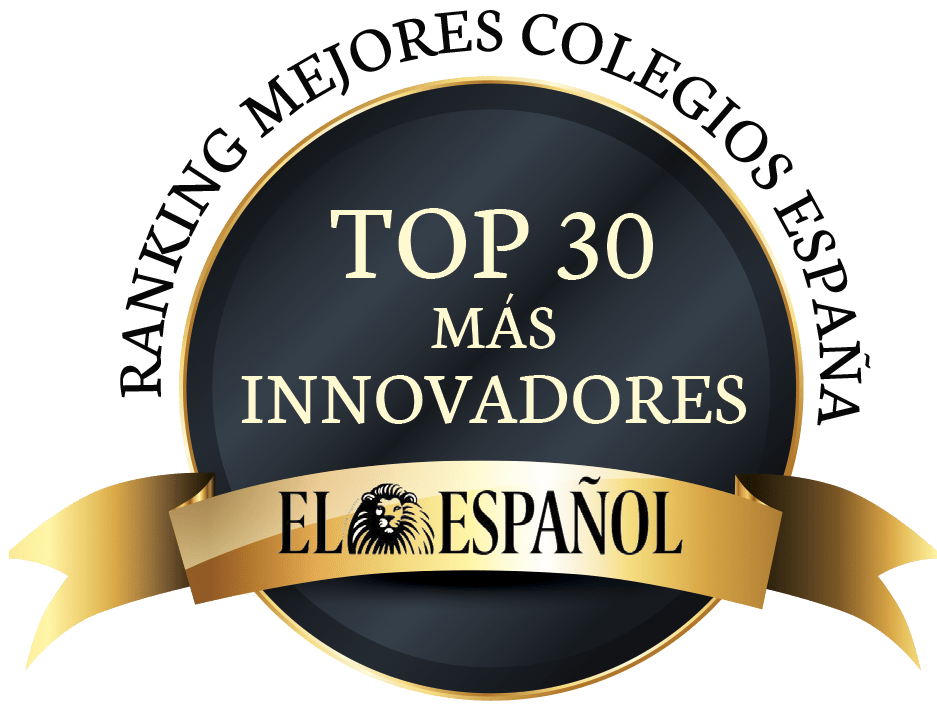
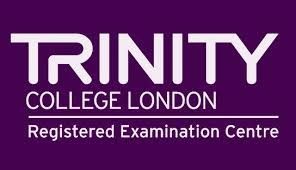

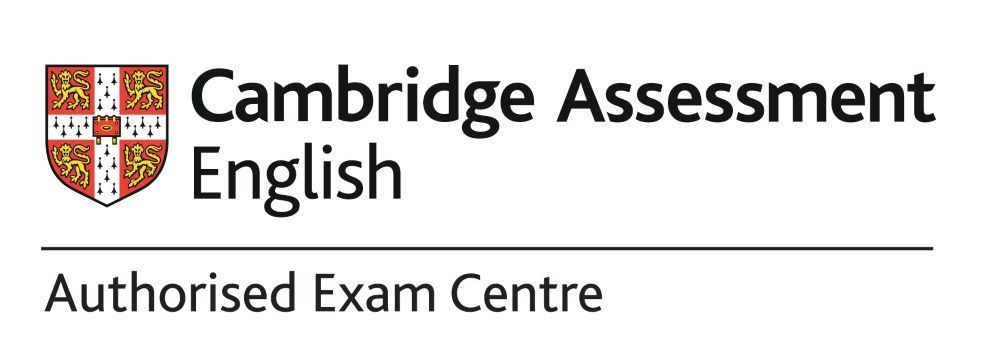
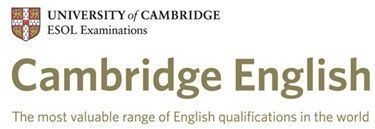


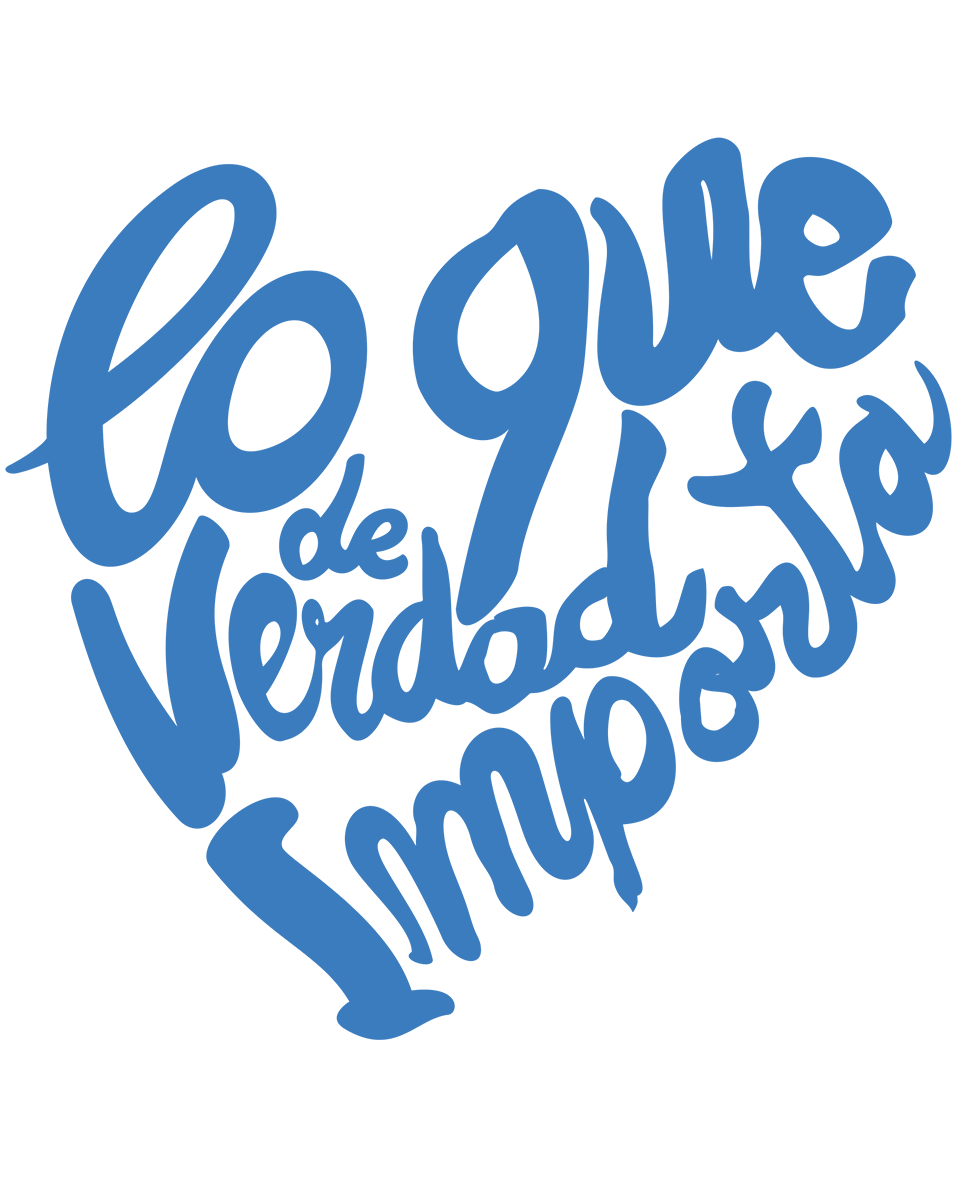
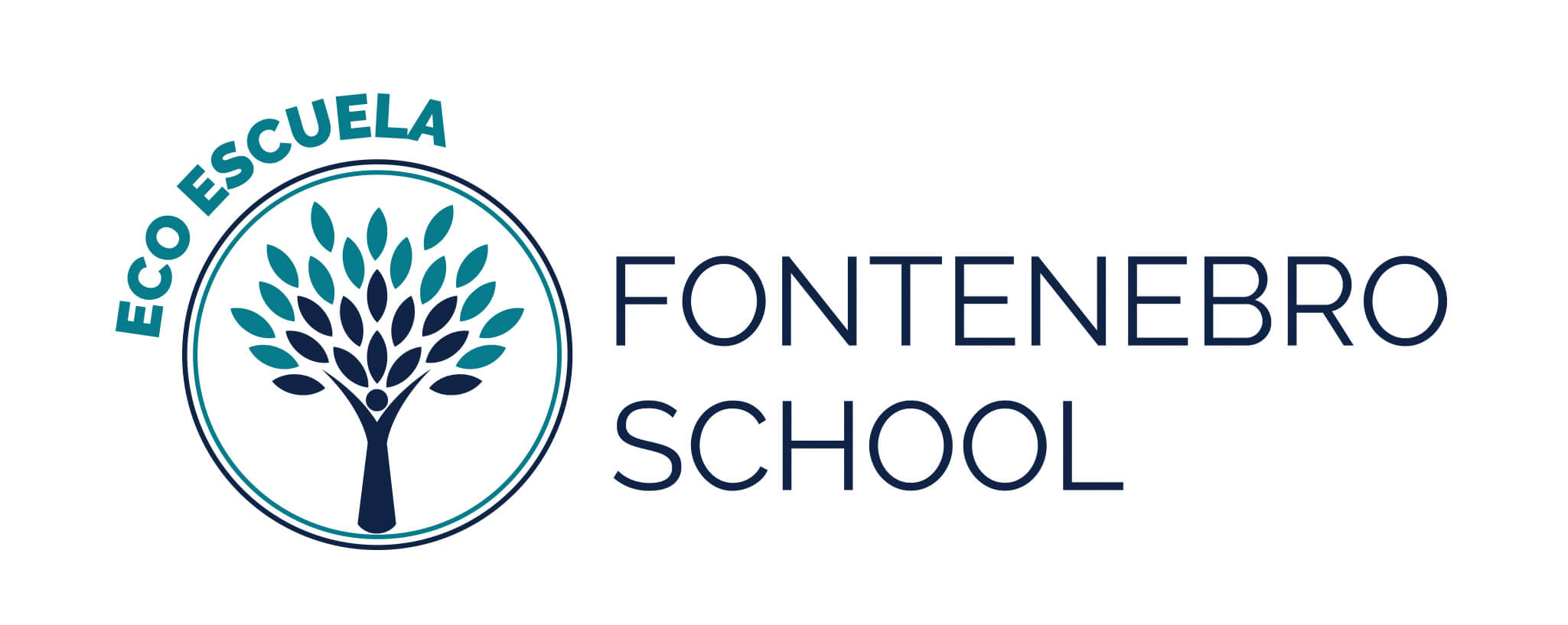
![BAPParentLogo[5]](https://fontenebroschool.com/wp-content/uploads/2020/09/BAPParentLogo5.png)
